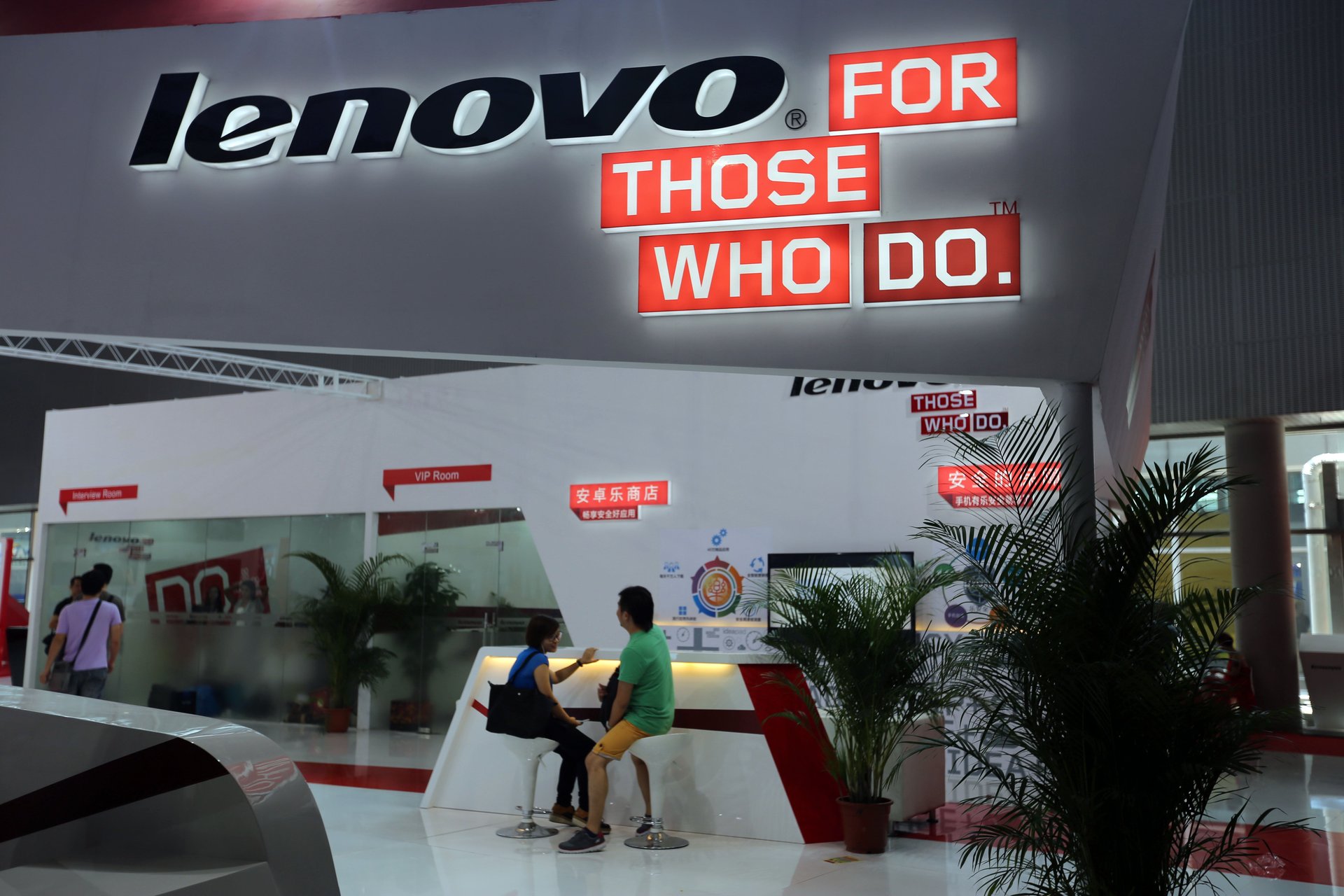Move over Huawei, there’s a new bogeyman in town and it’s called Lenovo
Western governments have long suspected Chinese computer equipment makers of being spying factories. Huawei is typically front and center in today’s allegations about Chinese corporate spying. But Lenovo, it turns out, is a longstanding shared enemy of Western spy agencies.


Western governments have long suspected Chinese computer equipment makers of being spying factories. Huawei is typically front and center in today’s allegations about Chinese corporate spying. But Lenovo, it turns out, is a longstanding shared enemy of Western spy agencies.
This week, the Australian Financial Review, a business daily, reported that the “five eyes”—an informal reference to the spy agencies of the US, Britain, Australia, New Zealand and Canada—have a common policy banning the use of Lenovo machines from their secure networks. It says various intelligence agencies made this decision soon after Lenovo bought IBM’s PC division in 2005—around the same time the State Department decided against using Lenovo machines in 2006 on its classified networks (even after having already bought them). (Update, July 30: Australia’s defense department says the newspaper’s reporting is “factually incorrect” and it has no ban on Lenovo “either for classified or unclassified systems.”)
Huawei, which was founded by a former People’s Liberation Army officer, denies that Beijing has any influence over its affairs. But Lenovo’s ties to the government are clear: The Chinese Academy of Sciences, a state think-tank, still indirectly controls part of the company. Moreover, while Huawei’s Trojan computer chips have never been confirmed, intelligence sources told AFR that British agencies tore Lenovo’s equipment apart and subjected it to a range of tests that confirmed their fears about vulnerability baked into the hardware.
And yet, overall, Lenovo seems to suffer less than Huawei. One of the conditions imposed on Sprint and SoftBank for their merger was that the new entity would not use Huawei equipment. In Britain, a parliamentary committee report found it shocking that Huawei was allowed to supply equipment for “critical national infrastructure” without ministerial approval. And in Australia, Huawei is banned from a national broadband project. Meanwhile, Lenovo machines are still used by the US State Department on non-classified networks.
Western concerns about Chinese equipment manufacturers are understandable, considering what the West does to spy on other countries. Britain uses its positions as a global transit point to spy on vast amounts of internet traffic. America takes advantage of its software companies and web firms to gain secret access to the world’s communications. The only difference between China and the West may be that China prefers using hardware, not software, to do its bidding.